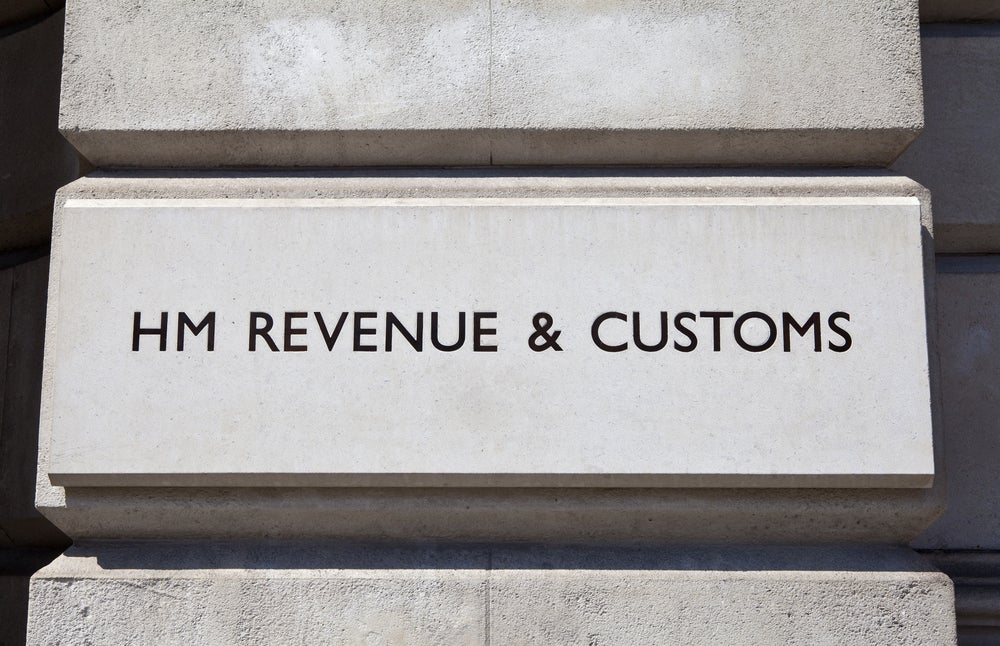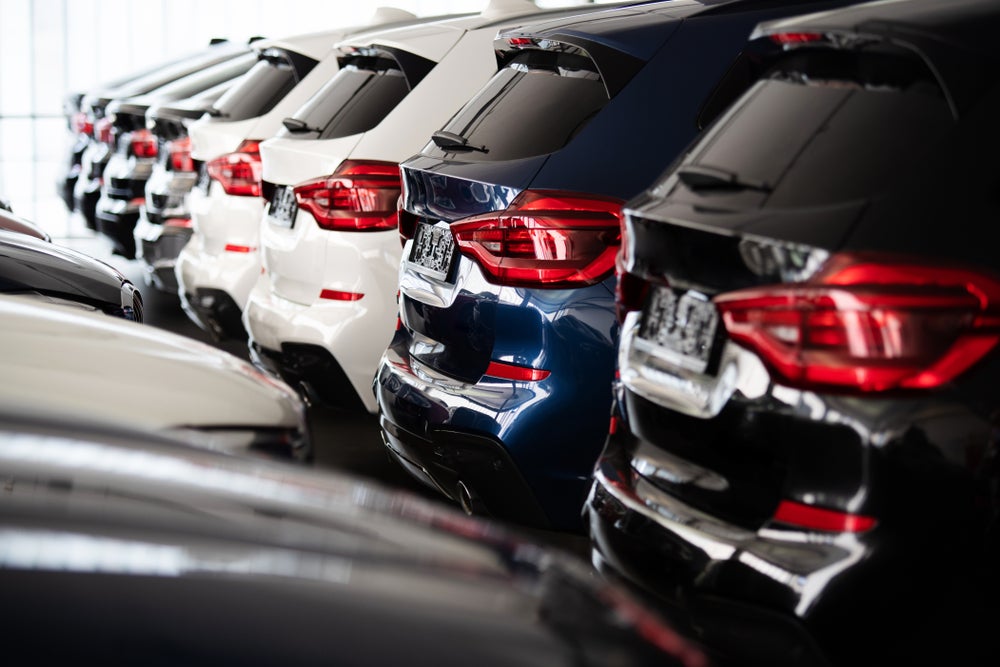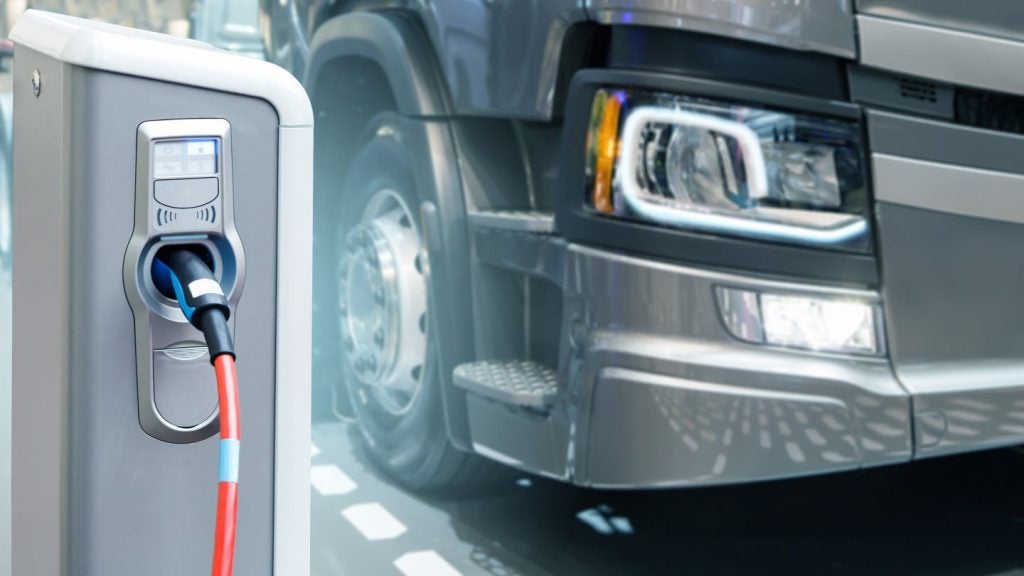
Electric vehicles (EVs) are gaining traction among businesses, accounting for more than half of all leasing enquiries over the past year, according to data from Leasing.com.
Traditionally reliant on diesel or hybrid models, companies are now accelerating their transition to EVs due to sustainability goals, cost efficiencies, and regulatory changes.
Mike Fazal, CEO at Leasing.com, attributes the rise in business EV enquiries to a combination of factors. “The increase reflects a broader shift driven by cost efficiency, sustainability goals, and regulatory changes. With more cities introducing low-emission zones, businesses are proactively switching to electric fleets to avoid charges and future-proof their operations,” he said.
Fazal also highlighted the role of government incentives and tax benefits in making EVs more attractive. “Lower Benefit-in-Kind tax rates and long-term savings in running costs and maintenance are key drivers. As technology improves and charging networks expand, we expect even more businesses to accelerate their shift to electric, ensuring they stay ahead of regulations while enhancing their sustainability credentials.”
SUVs dominate business leasing
SUVs remain the most popular body type for business users, accounting for 60% of all leasing enquiries. Their practicality, storage capacity, and versatility make them particularly well-suited for professionals who spend extensive time on the road.
Among the most in-demand models are the BMW iX and Tesla Model Y, which are favoured by executives and sales professionals. The Nissan Qashqai and Volkswagen Tiguan continue to appeal to businesses seeking a balance of style and efficiency.
Rise of electric vans
Businesses in courier and trade sectors are increasingly leasing electric vans, with the Volkswagen ID. Buzz and Renault Kangoo emerging as popular choices. The Nissan Townstar is also a key contender, offering a combination of cargo space, electric powertrain options, and compact design.
According to Fazal, leasing provides businesses with a flexible way to trial EVs without committing to outright ownership. “Many businesses remain uncertain about transitioning to electric, but leasing allows them to test EVs with minimal financial risk. As manufacturers ramp up production and improve payload capacities, electric vans will become the default choice for urban fleets in the coming years.”
Industry-specific vehicle preferences
Leasing.com’s data reveals how different industries prioritise specific features in their vehicles:
- Tradespeople (Electricians, Plumbers, Builders) – Cargo space and reliability are crucial. The Nissan Townstar is a top choice, while the Ford Ranger remains popular for carrying heavy loads.
- Couriers & Delivery Services – With low-emission zones expanding, electric vans such as the Renault Kangoo and Volkswagen ID. Buzz are in high demand.
- Property & Sales Professionals – A balance of style and practicality is key. The BMW iX leads among estate agents and sales professionals, with growing interest in the Polestar 2.
- Veterinary & Agricultural Services – All-weather capability is essential. The Ford Ranger is preferred by rural professionals, alongside the Land Rover Defender.
- Healthcare & Medical Services – Efficiency and low emissions are top priorities. The Nissan Qashqai is a leading choice for healthcare workers frequently travelling between appointments.







